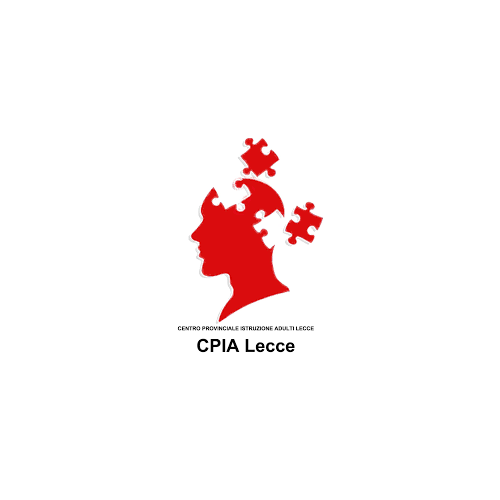Sustainable female leadership in Portugal and Spain
Review of the scientific article "Female sustainability and startups: analysis of the communication of women entrepreneurs' leadership in Spain and Portugal" (Torres-Mancera, Martínez-Rodrigo & Amaral, 2023)
Innovation to undertake responsible and sustainable business models is currently at the top of the European Union's list of priorities, in line with the Sustainable Development Goals set by the United Nations in its international Agenda for 2030. The creation and development of projects and companies aware of their impact on the planet in the short, medium and long term generate much more value when this leadership comes from a female entrepreneurial vocation, by optimising the value of diversity in the management of resources, traditionally led by the male ecosystem. This research applies a methodological triangulation with in-depth interviews with international key informants, analysis of digital content in the regions of Andalusia (Spain) and Aveiro (Portugal) and the review of previous scientific literature. Among the results, it can be seen that the new Spanish-Portuguese startups are still mostly led by men, while the share of female entrepreneurial leadership is around 26.5% of the total sample. Consequently, it is argued that, although there is a wide range of improvement in presence and communication, women are increasing their entrepreneurial and innovative activity. In any case, co-responsibility with the community and care for the environmental legacy are still latent values of professional differentiation.
In conclusion, the research highlights current international objective data on corporate digital communication, which allows us to offer a complete vision of the reality of women who are betting on business models whose mission, vision and values are centred on sustainability.
Full paper available at: https://www.researchgate.net/publication/370215465_Torres-Mancera_R_Martinez-Rodrigo_E_Amaral_Santos_C_2023_Female_sustainability_and_startups_analysis_of_the_leadership_in_communication_by_women_entr
Reference:
Torres-Mancera, R., Martínez-Rodrigo, E., & Amaral Santos, C. (2023).Female sustainability and startups: analysis of the leadership in communication by women entrepreneurs in Spain and Portugal. Revista Latina de Comunicación Social, 81, 474-491. https://www.doi.org/10.4185/RLCS-2023-1978








